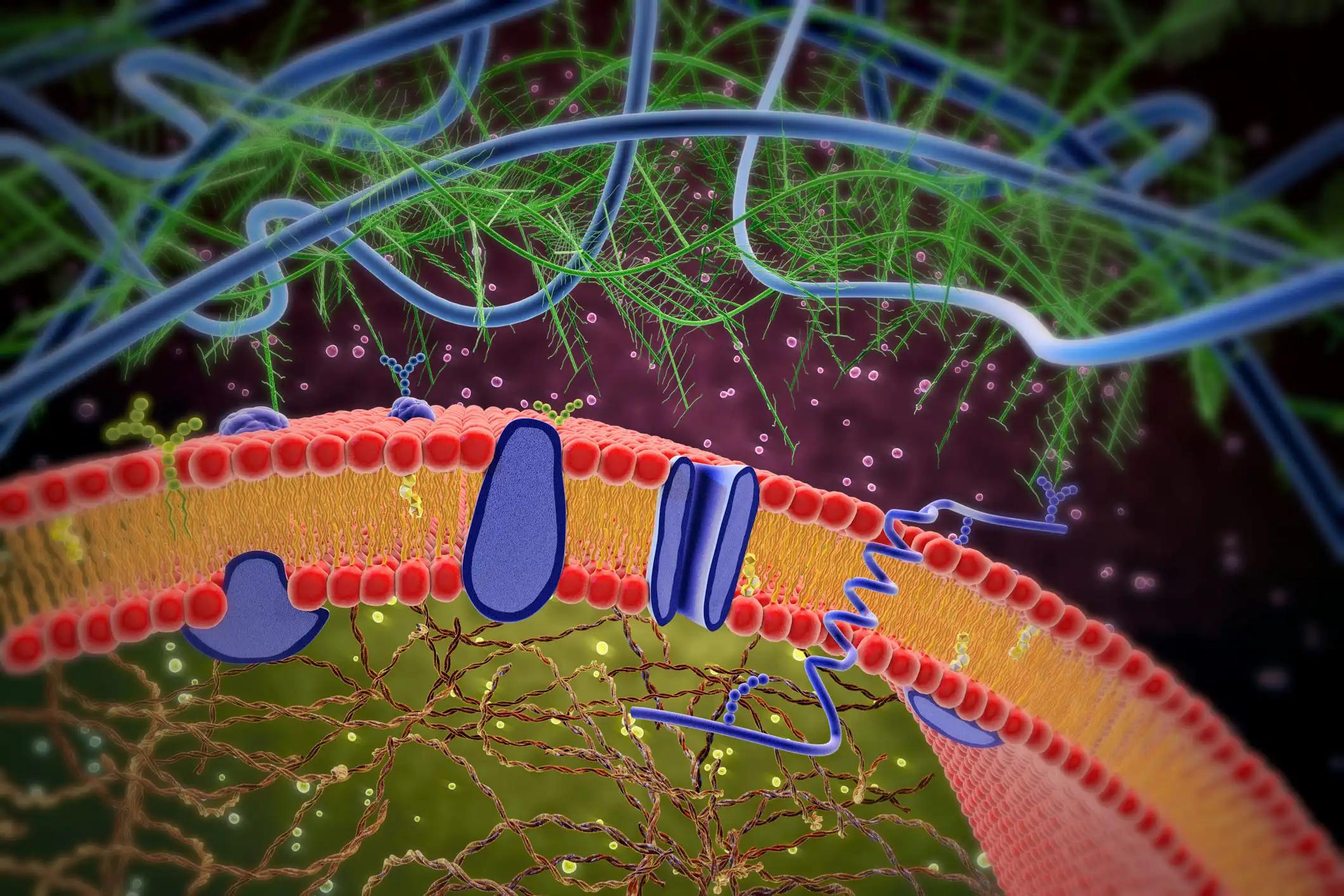KEY TAKEAWAYS
- The phase 3 S1216 trial aimed to determine if bone biomarkers can predict overall survival in hormone-sensitive prostate cancer (HSPC) patients.
- The method involved prospectively assessing bone biomarkers in 3,162 patients, using Cox proportional hazard models and recursive partitioning to analyze the data.
- The outcome was that bone biomarkers were highly predictive for overall survival (OS) in hormone-sensitive prostate cancer patients starting androgen deprivation therapy (ADT).
- Only 949 out of 1279 males showed detectable levels of bone biomarkers at baseline.
- Assessing bone biomarkers is clinically significant in hormone-sensitive prostate cancer patients starting androgen deprivation therapy with the CYP17 inhibitor.
In males with castration-resistant prostate cancer, bone biomarkers are highly predictive for overall survival (OS). The assessment of bone biomarkers was a key aspect of this phase 3 trial investigating androgen deprivation therapy with or without the CYP17 inhibitor orteronel in hormone-sensitive prostate cancer (HSPC). The total number of patients was 3,162, with 316 assigned for training and 633 for validation. Cox proportional hazard models and recursive partitioning were used to analyze the data. Patient sera were analyzed for markers of bone resorption (C-telopeptide and pyridinoline) and markers of bone production (C-terminal collagen propeptide and bone alkaline phosphatase).
Only 949 out of 1279 males showed detectable levels of bone biomarkers at baseline. For the four biomarkers studied (all P<0.05), optimal cutoffs were determined to characterize increased levels linked with poorer OS. Elevated bone biomarkers were statistically related to an increased risk of death (hazard ratios ranging from 1.37 to 1.92) after controlling for clinical risk variables in the validation set and based on the combinations of bone biomarkers, recursive partitioning algorithms applied to the training set identified three risk categories (low, middle, and poor) with distinct OS outcomes (median OS: 8.2, 5.1, and 2.1 yr, respectively). The results were validated in a separate data set. Bone biomarkers are highly and independently predictive for OS in men with HSPC who start androgen deprivation therapy. Different subgroups of men with varying OS results can be distinguished based on their bone biomarker levels, alone or combined with clinical factors. These findings verify the clinical significance of assessing bone biomarkers in the HSPC condition, expanding the utility of bone biomarkers beyond the castration-resistant state.
Source:https://www.sciencedirect.com/science/article/abs/pii/S030228382302715X
Clinical Trial: https://clinicaltrials.gov/ct2/show/NCT01809691
Lara Jr, P. N., Mayerson, E., Gertz, E., Tangen, C., Goldkorn, A., van Loan, M., Hussain, M., Gupta, S., Zhang, J., Parikh, M., Twardowski, P., Quinn, D. I., LeBlanc, M., Vogelzang, N. J., Thompson, I., & Agarwal, N. (2023). Bone Biomarkers and Subsequent Survival in Men with Hormone-sensitive Prostate Cancer: Results from the SWOG S1216 Phase 3 Trial of Androgen Deprivation Therapy With or Without Orteronel. European Urology. https://doi.org/10.1016/j.eururo.2023.03.036



